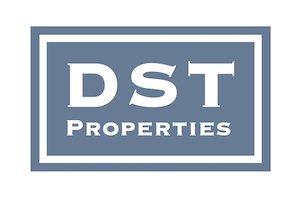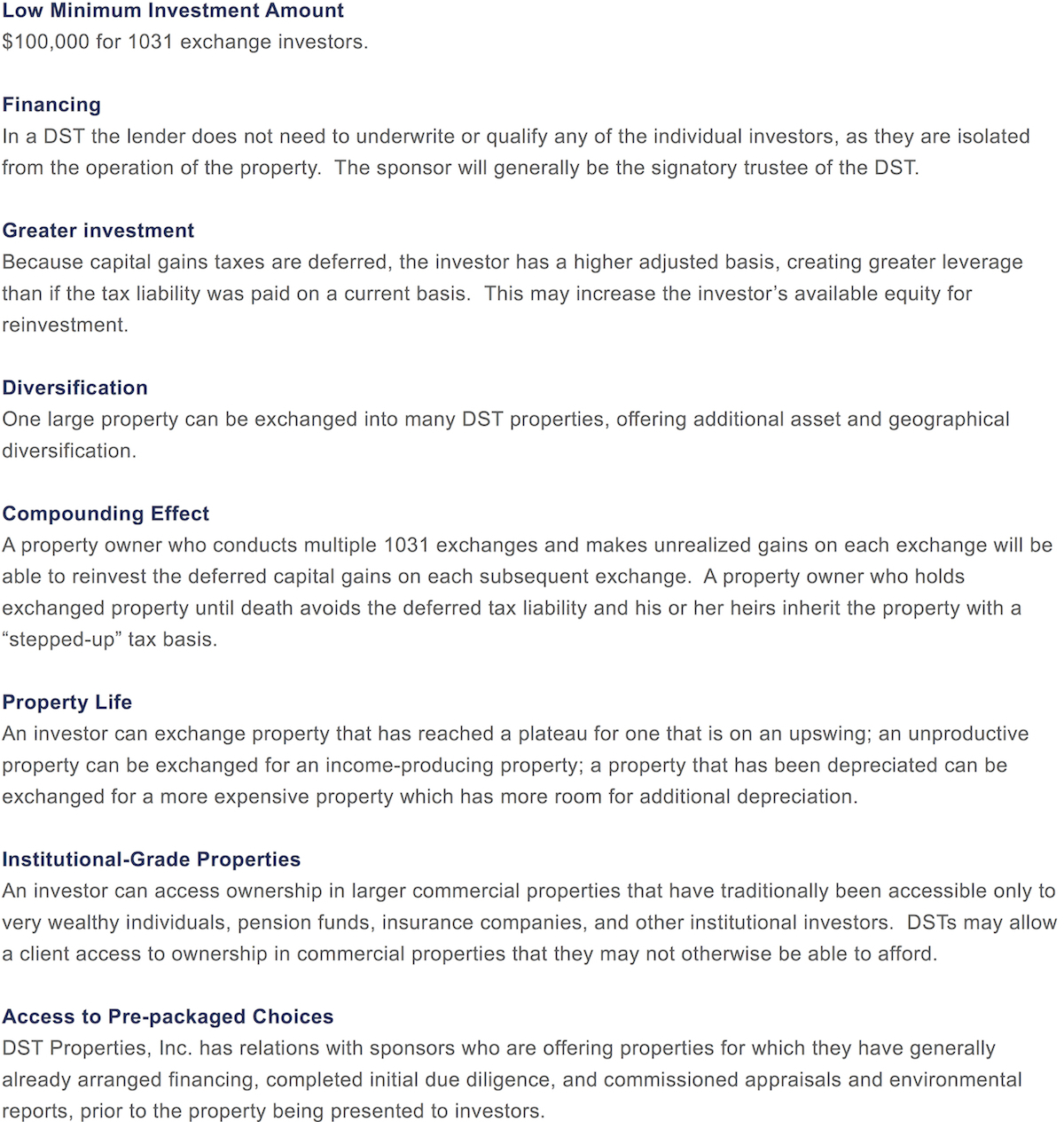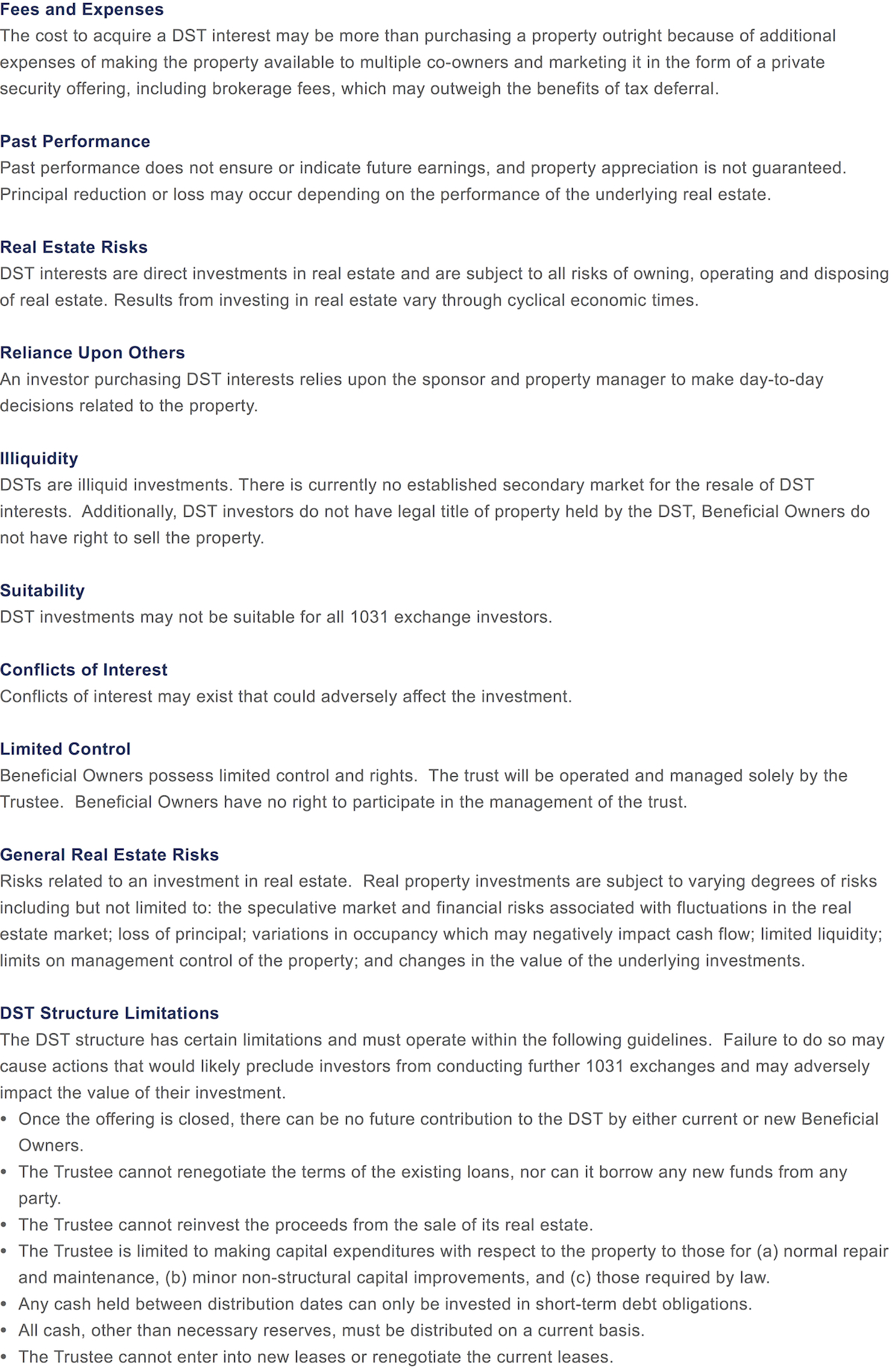What is a DST 1031 Exchange Investment?
DST Investments are 1031 Exchange Solutions for Non-Management Ownership
1031 Exchange investors looking for diversification and non-management ownership can purchase interests in Delaware Statutory Trusts (DSTs) that hold title to one or more investment properties. DST held properties are passive real estate investments that have professional asset management firms overseeing property acquisition, due diligence, loan sourcing when financing, asset management, property management when not triple net (NNN) leased, and property disposition. This type of investment structure was created in Delaware in 1947, and in 2004 the IRS issued Revenue Ruling 2004-86 which permits real estate investors to perform a 1031 exchange into and out of a DST that holds title to real estate. Today, DSTs are used for fractional 1031 exchange investments, offering investors an alternative way to benefit from management-free ownership while still potentially deferring up to 100% of the taxes that would otherwise be due from the sale of an investment property.
Request a Free Investor Kit
*All Information is Secure & Confidential.
How is DST Ownership Structured?
DST Investors Receive Their Pro Rata Share of Distributions
When used as a vehicle to own real estate, a DST holds title to 100% of the underlying property within it, while each individual investor owns a “fraction” or percentage of the DST. This percentage is held in the form of a “beneficial interest” in the DST. Based on the amount of their beneficial interest in the DST, each investor receives a pro rata share of any income or loss of income as well as any appreciation or loss of value that is generated by the property held by the DST. Investors also receive their pro rata share of all income tax shelters associated with the underlying property, such as interest paid on loans (when financed) and depreciation of structure(s), as well as any other qualifying expenses (however, it is important to understand that utilizing certain tax shelters may generate tax or financial consequences in the future). Each DST may own one or more properties, and up to 499 investors may invest in a single DST (though most DST trustees limit the number of investors to fewer than 499). Investors do not have voting rights over the operation of property owned by a DST. Instead, a DST trustee (also known as an asset manager or sponsor) maintains 100% of the managerial duties of the asset(s) held by the DST.
What Are The Potential Benefits of DST Ownership?
What Are The Potential Risks of DST Ownership?
This is neither an offer to sell nor a solicitation of an offer to buy any security which can only be made by prospectus or private placement memorandum. Investing in real estate and 1031 exchange replacement properties may not be suitable for all investors and may involve significant risks. These risks include, but are not limited to, lack of liquidity, loss of principal, limited transferability, conflicts of interest and real estate fluctuations based upon a number of factors, which may include changes in interest rates, laws, operating expenses, insurance costs and tenant turnover. Investors should also understand all fees associated with a particular investment and how those fees could affect the overall performance of the investment. Employees of DST Properties, Inc. and DFPG Investments, Inc. do not provide tax or legal advice, as such advice can only be provided by a qualified tax or legal professional, who all investors should consult prior to making any investment decision. DST Properties, Inc. is a branch office of DFPG Investments, Inc. Securities offered through DFPG Investments, Inc. Member FINRA/SIPC.




